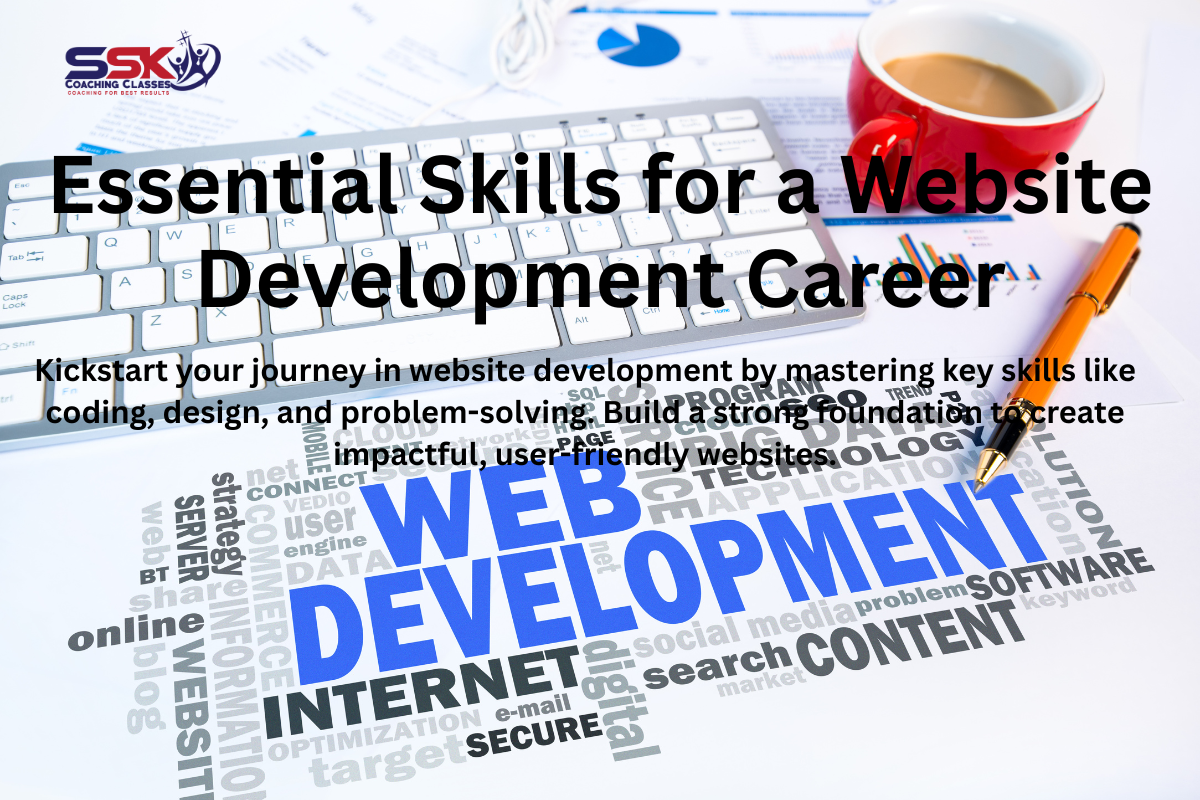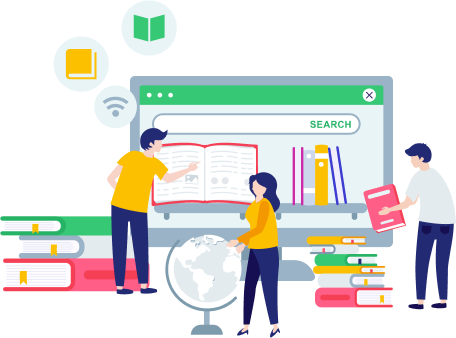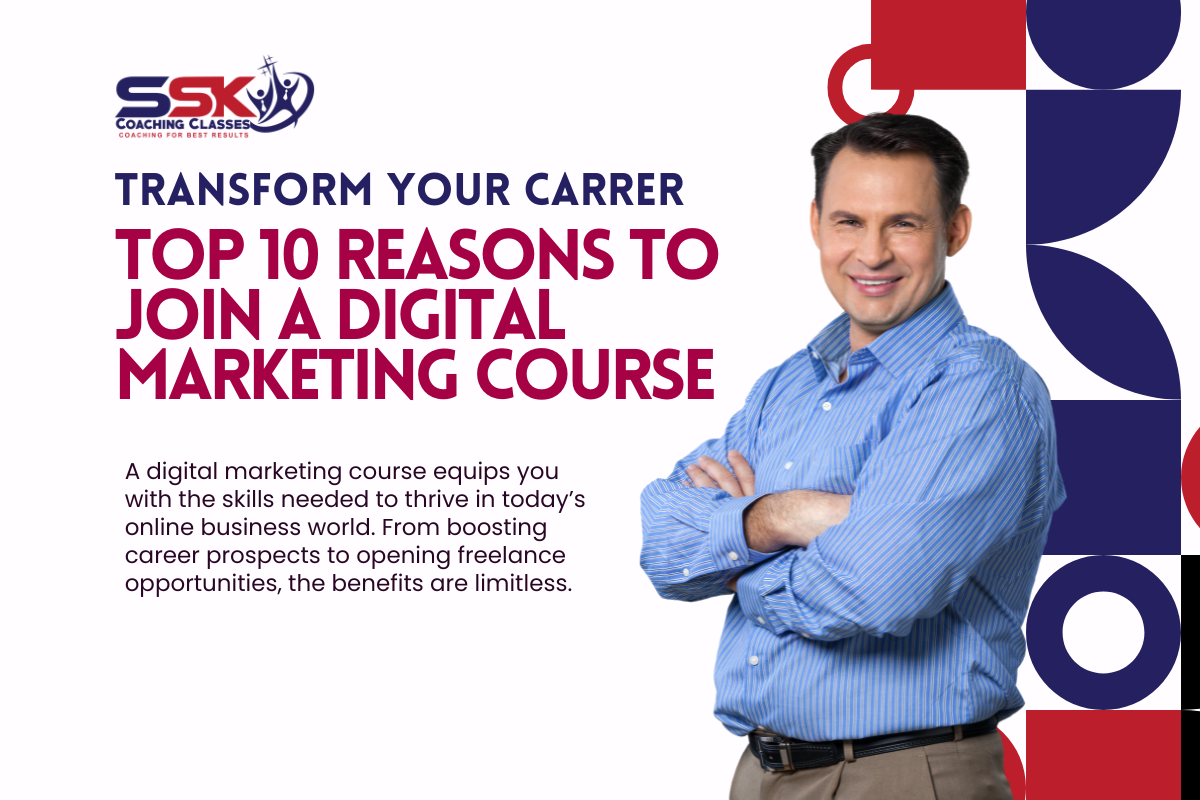
The internet is at the heart of modern life, and websites are its building blocks. Whether you’re shopping online, reading news, learning through an e-course, or booking travel tickets, it’s all made possible by website development. With businesses, organizations, and individuals racing to build their online presence, website developers are in huge demand. If you’re planning to start a career in this field, you need more than just enthusiasm—you need a solid foundation of technical and soft skills to stand out. In this guide, we’ll explore the essential skills you need to start a career in website development, from the coding languages you must master to the creative and problem-solving abilities that will set you apart. Understanding of HTML, CSS, and JavaScript Every website is built upon three essential technologies at its foundation: Without a strong grasp of these three, you can’t build even the simplest of functional websites. Begin with HTML to build the basic structure, add CSS for design and styling, and use JavaScript to make it interactive.. Example: An e-commerce site’s “Add to Cart” button is made functional with JavaScript, styled with CSS, and placed on the page via HTML. Knowledge of Front-End Development Frameworks Modern web development relies heavily on frameworks and libraries to speed up coding and enhance functionality. Popular front-end frameworks and libraries include: These frameworks help developers build responsive, dynamic websites faster while maintaining scalability. Pro Tip: Even if you start with plain HTML, CSS, and JavaScript, learning a framework like React will make you more competitive in the job market. Proficiency in Back-End Development While front-end development focuses on what users see, back-end development powers the behind-the-scenes functionality. This includes server-side logic, databases, and APIs. Key back-end skills include: Back-end development ensures that your website can process user requests, store data securely, and deliver dynamic content. Example: When you log into your email account, the back-end verifies your credentials and retrieves your inbox messages. Responsive Web Design Skills With users accessing websites from desktops, tablets, and smartphones, responsive design is no longer optional—it’s essential. Responsive web design ensures that your website automatically adapts to different screen sizes and devices. This involves: Why it matters: Google ranks mobile-friendly websites higher in search results, so responsive design directly impacts SEO. Familiarity with Version Control Systems Version control is essential for tracking changes in your code and collaborating with other developers. Git is the most widely used version control system, and platforms like GitHub or GitLab allow you to store code repositories, track revisions, and manage collaborative projects. Example: If you accidentally break something in your code, version control lets you revert to a previous working version instantly. Basic Understanding of SEO While SEO (Search Engine Optimization) may seem like a marketing skill, developers play a key role in building SEO-friendly websites. Important SEO-related skills for developers include: A developer who understands SEO basics can build websites that rank better in search engines, making them more valuable to clients and employers. Problem-Solving and Debugging Skills In website development, issues are inevitable—broken layouts, code errors, or unexpected bugs. To be a successful developer, you must: Pro Tip: Practice fixing broken code or replicating website issues to improve your troubleshooting skills. UI/UX Design Awareness While developers are not always responsible for full-fledged design, understanding UI (User Interface) and UX (User Experience) principles helps you build websites that are both functional and user-friendly. Key concepts to learn: Example: A login page should be intuitive, with clear instructions, visible error messages, and a clean design. Experience with Web Hosting and Deployment After the website is built, it must be uploaded to a server to make it accessible to users online. Developers should understand: Knowing how to deploy and maintain websites makes you a more complete developer. Continuous Learning and Adaptability Website development is constantly evolving.Fresh frameworks, tools, and best practices are introduced each year. To succeed, you need to: Example: In 2010, jQuery was the most popular JavaScript library; today, developers prefer React, Vue, or Svelte for most projects. Adaptability keeps you relevant. Communication and Teamwork Skills In most real-world projects, developers work in teams alongside designers, content creators, and project managers. Strong communication ensures: Pro Tip: Document your code well so other team members can easily understand and work with it. Time Management Skills Web development often involves multiple tasks with tight deadlines. Effective time management helps you: Using project management tools like Trello, Asana, or Jira can help keep track of progress. Conclusion Starting a career in website development is exciting and full of opportunities, but it requires a mix of technical expertise, problem-solving abilities, and soft skills. From mastering HTML, CSS, and JavaScript to understanding back-end systems, responsive design, SEO, and communication, each skill contributes to your success. The good news? Many of these skills can be learned online through tutorials, coding bootcamps, and practice projects. The key is to start small, build real websites, and keep learning.



